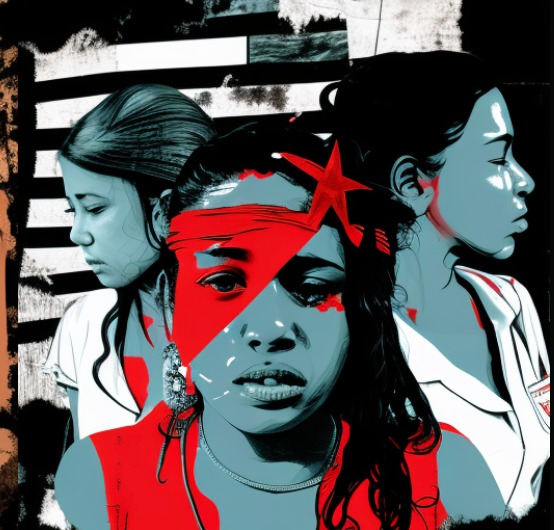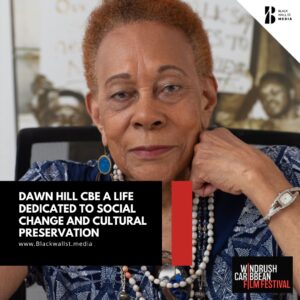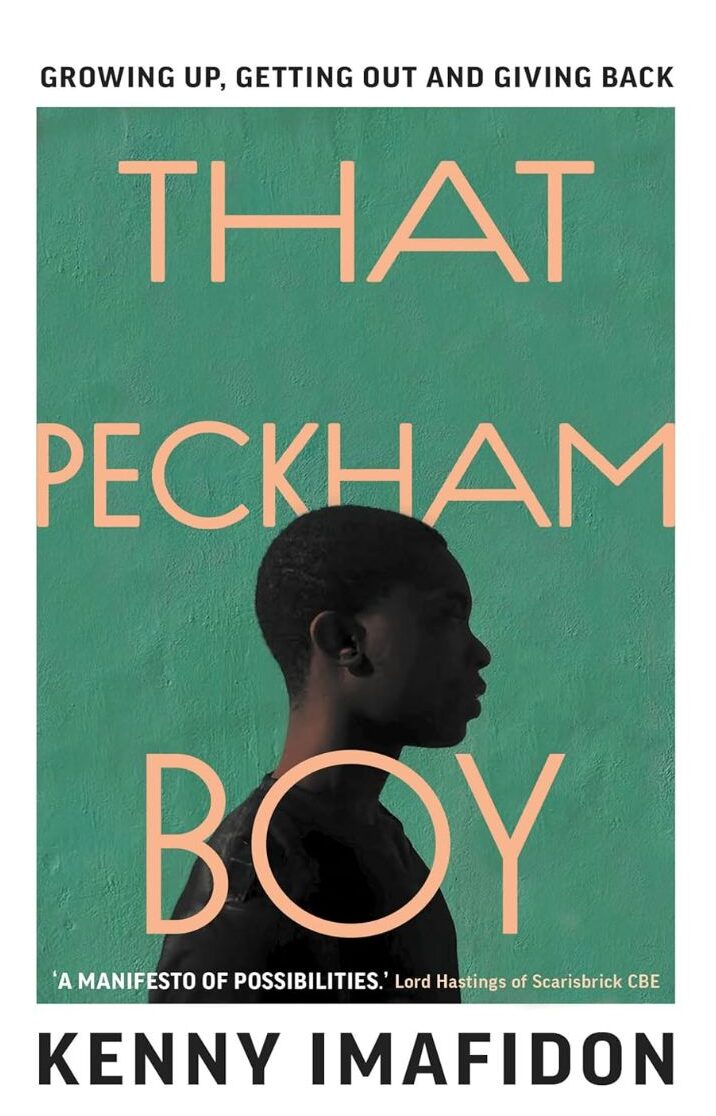The Australian Human Rights Commission has urged all Australian governments to urgently address the national crisis in youth justice, and has raised their concerns with the United Nations Committee Against Torture.
Aboriginal and Torres Strait Islander Social Justice Commissioner June Oscar AO, National Children’s Commissioner Anne Hollonds, National Human Rights Commissioner Lorraine Finlay and National Race Discrimination Commissioner Chin Tan issued a joint statement Tuesday morning calling for action to prevent further harm to children in detention, and to reduce youth offending through effective systems of support.
The statement comes in the wake of the long-running crisis in Western Australia’s Banksia Hill capturing the attention of the nation, and ongoing issues in other jurisdictions.
“It is clear the current approach of tougher sentencing and bail laws, punitive conditions, building more children’s prisons for increasing numbers, and incarcerating children as young as 10 years old, is not working to keep the community safe,” the commissioners said.
“The human rights of children in detention continue to be violated routinely, and their lives placed at serious risk. Last night’s Four Corners program showed examples of serious abuse, systemic failures, institutional racism, and neglect.”
The commissioners said the “lamentable” treatment of young people in detention in Australia has long been well known, and noted that the Human Rights Commission has repeatedly raised these issues with Australian governments.
They urged them to follow the advice of senior judges (such as WA Children’s Court President Hylton Quail and former president Denis Reynolds), prison officials (including former WA Inspector of Custodial Services Neil Morgan) and child development experts calling for alternative approaches.
Aboriginal and Torres Strait Islander Social Justice Commissioner June Oscar said prison does nothing to rehabilitate young people.
“It only perpetuates cycles of trauma and leads to further youth offending. Prison is no place for a child,” she said.
The Commission has detailed these issues in a submission to the United Nations Committee Against Torture.
Human Rights Commissioner Lorraine Finlay is now in Geneva highlighting concerns that Australia’s treatment of young detainees is breaching the country’s international human rights obligations.
“Violating the human rights of young offenders does not equate to justice for victims of crime. It is a stain on Australia’s human rights record, which also endangers the community because it leads to higher rates of recidivism,” she said.
Children’s Commissioner Anne Hollonds said all governments need to raise the age of criminal responsibility to 14 years and implement evidence-based prevention, early intervention and diversion programs.
The commissioners noted that incarcerated children arrive have high rates of cognitive disabilities, trauma and mental health concerns when they are first detained, and require specialist therapeutic care and conditions that support their health, learning and wellbeing.
“Children and adolescents in detention who attempt suicide and self-harm require qualified acute psychiatric care. When they leave detention, these children require community-based care and support, including housing, education and healthcare, in order to reduce the likelihood of reoffending and to keep the community safer,” the commissioners said.
Ms Hollonds described Australia’s punitive approach as “misguided and out-of-step internationally”.
“We need a national taskforce to address the underlying causes of youth crime, with national leadership and collaboration across jurisdictions,” she said.
“We have failed these children, and this has gone on for too long. We need to take urgent action now to address the systems failures and chronic crisis in youth justice.”
Race Discrimination Commissioner Chin Tan noted that structural racism and discrimination play a major role in causing trauma and behavioural complexities, which contribute to over-policing and high rates of detention.










